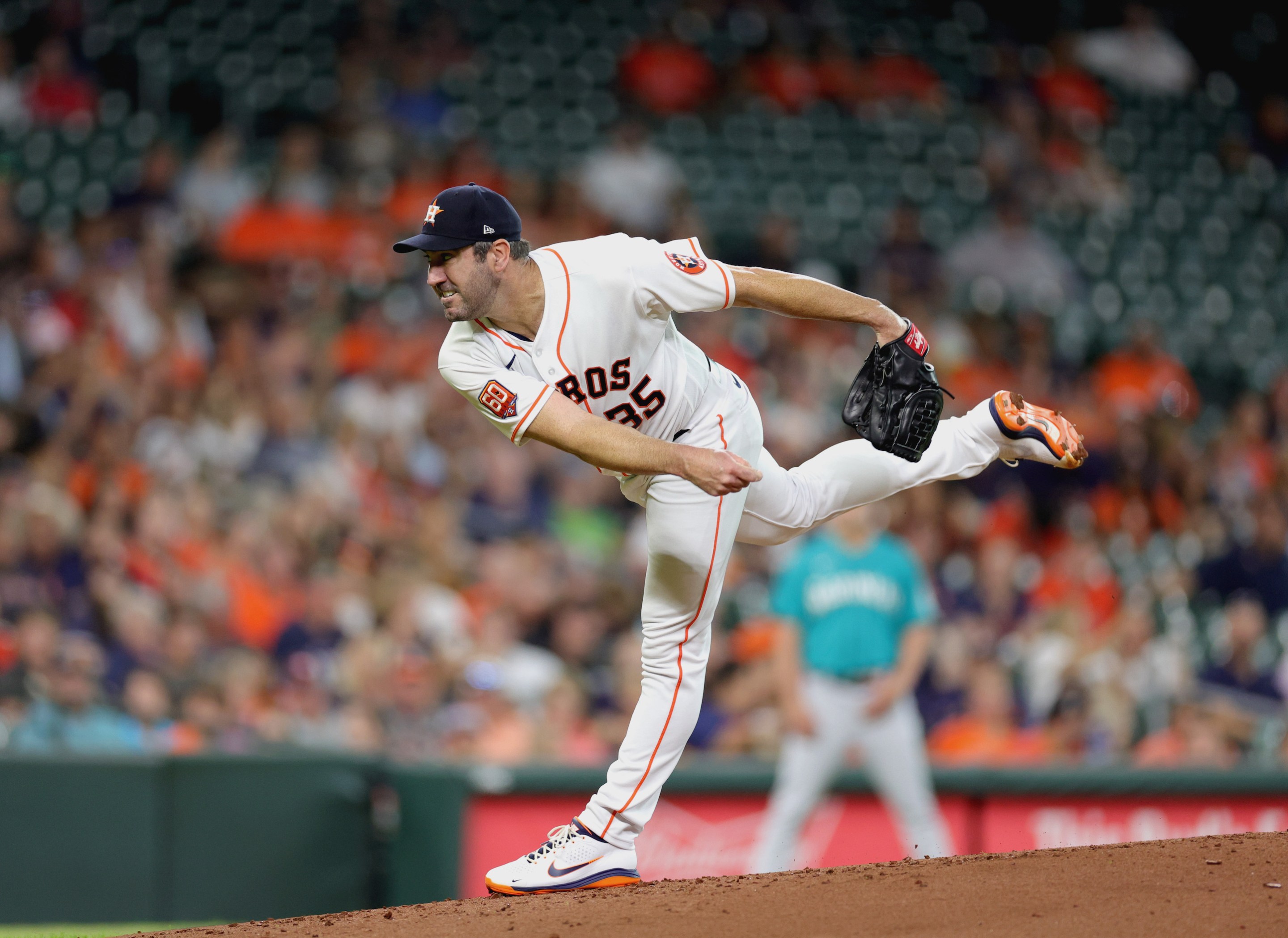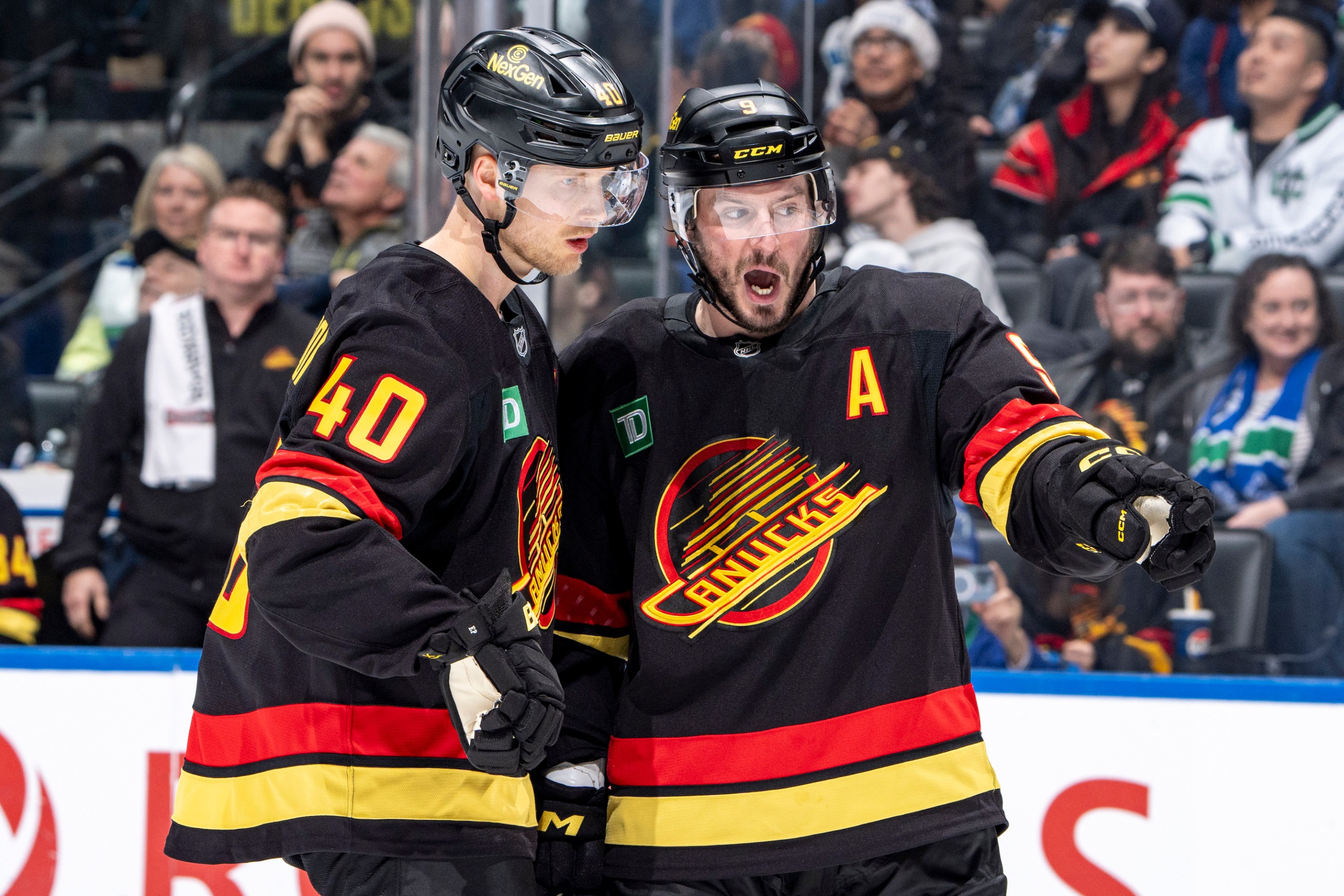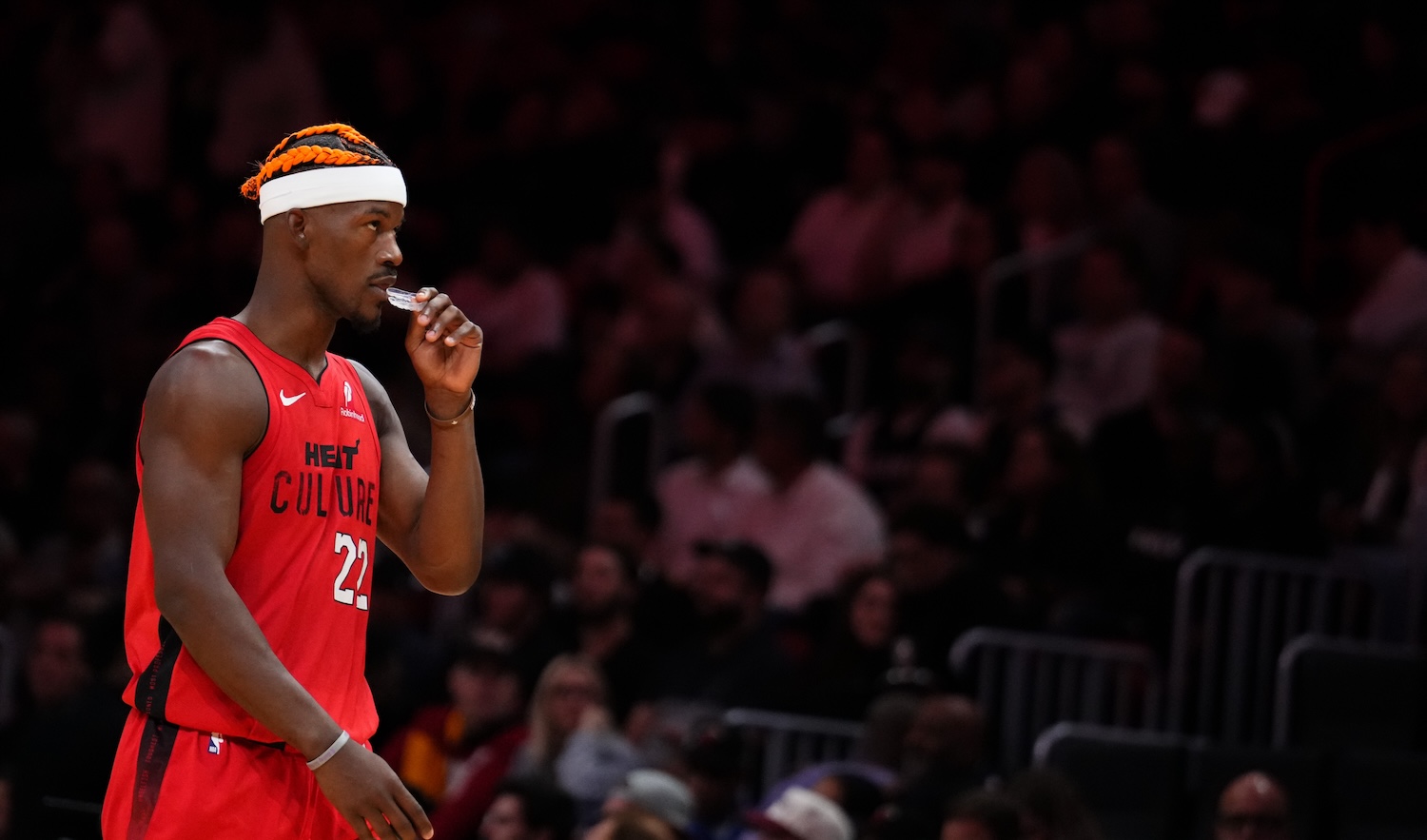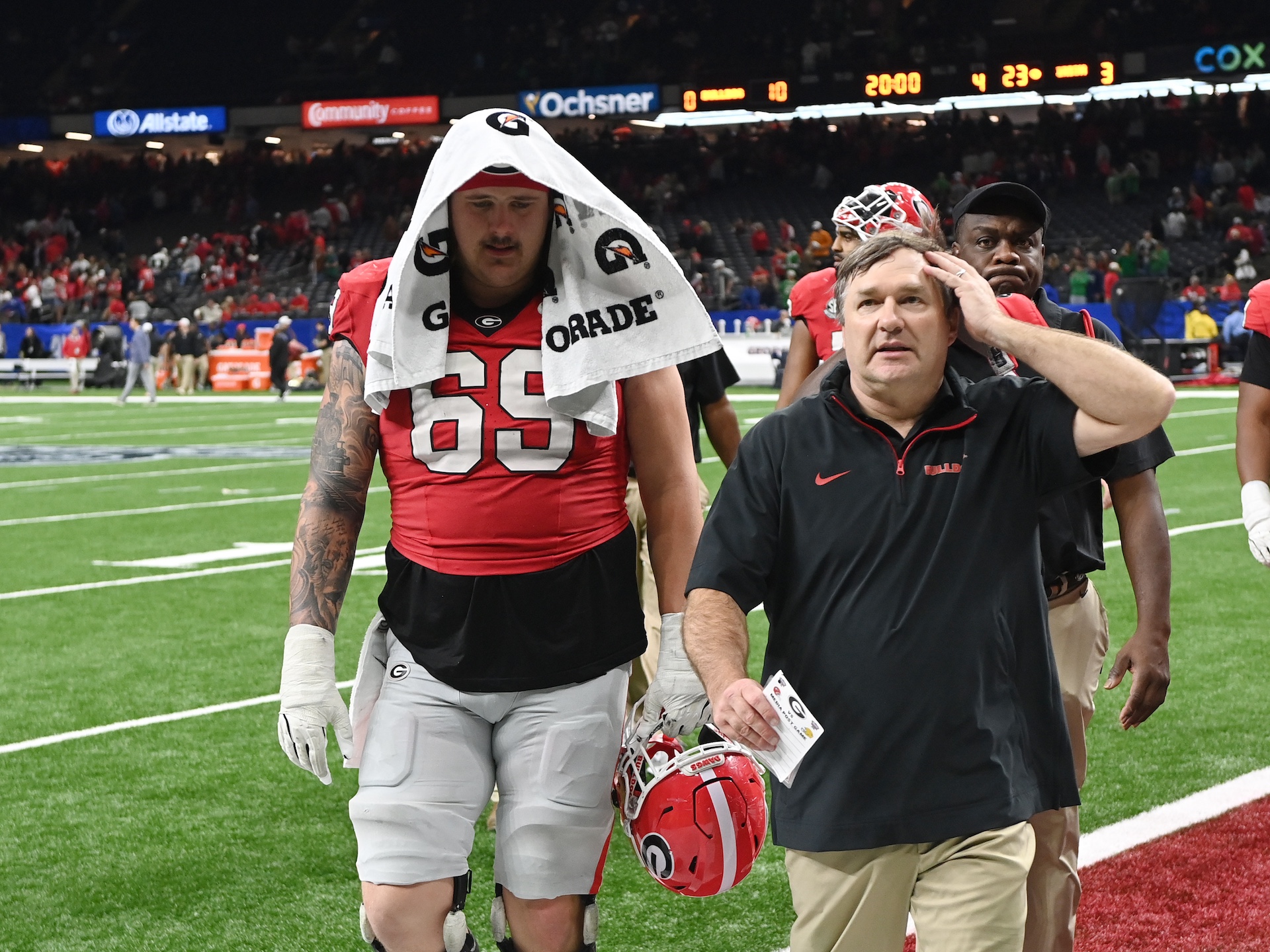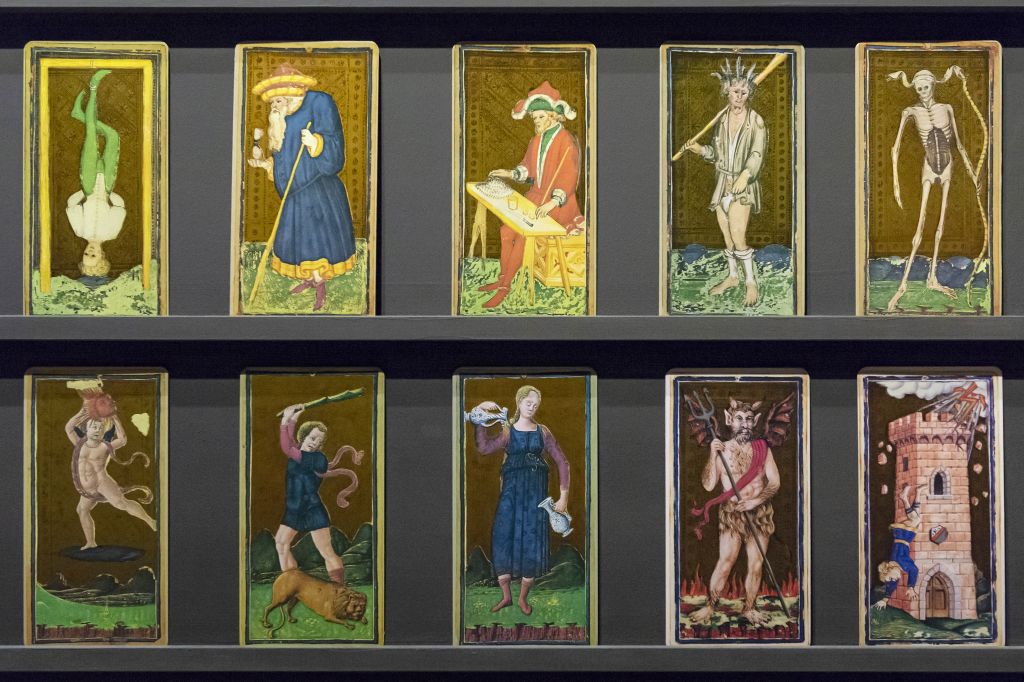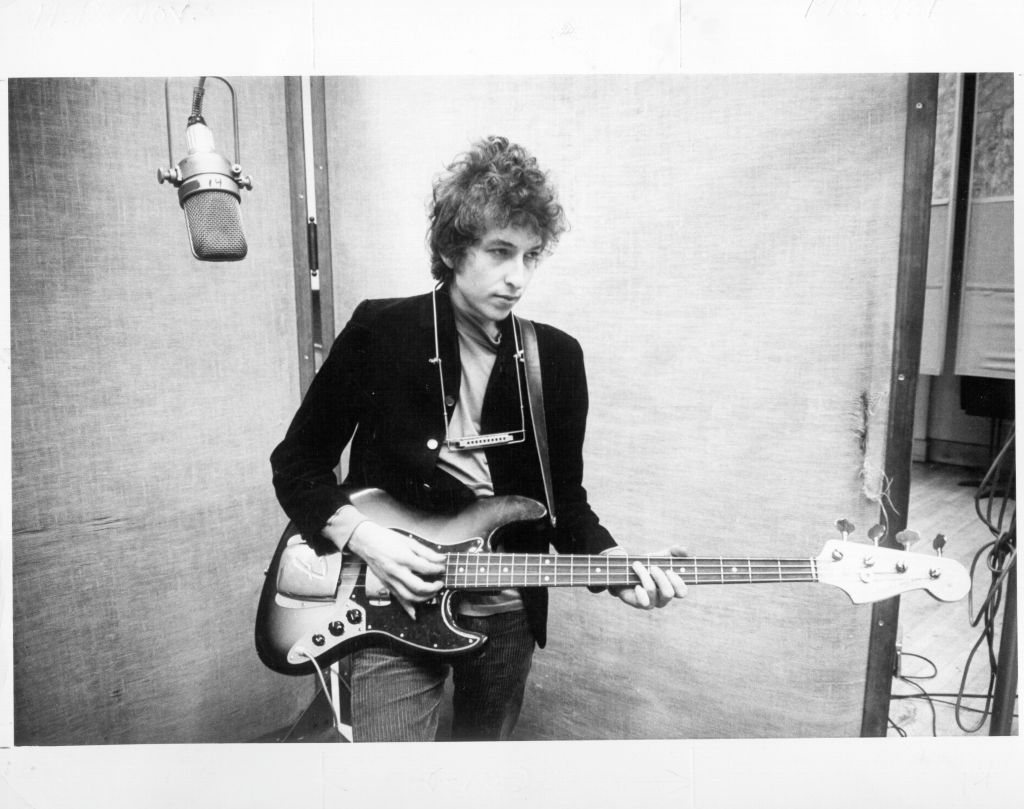Even Randy Johnson, who never got hurt and spent the better part of two decades grimly humiliating the rest of Major League Baseball while looking like a 1988 Metallica Concert Attendee, had to hang around until he was 45 and unrecognizably hittable to win his 300th game. It happened in 2009, when Johnson was (somehow) on the San Francisco Giants. Johnson was perfectly playable that year, first as a starter and then as a lower-leverage reliever, for a team that won 88 games and missed the playoffs; it was his worst season in two decades. Johnson had thrown his first big league pitch while Ronald Reagan was president, as a rotation-mate of Pascual Perez and Dennis Martinez; he threw his last scoreless inning finishing off Tim Lincecum's 15th win. He remains the last major league pitcher to retire with more than 300 wins, and it took him 22 seasons to get there. Along the way he was teammates with both Ken Griffey Sr. and Madison Bumgarner; he was traded for Mark Langston, and also for Ross Ohlendorf. A very long career, in short.
The point being that this particular dumb, awesome baseball achievement is very difficult to reach. Winning 300 games requires a pitcher to span a generation-and-change of baseball at an extremely high level, and also even then there is probably going to be a Coming On In Relief Of Dan Runzler As A Middle-Aged Man act to the story. In every sense but the arithmetical one, getting to 300 is not as simple as "winning 20 games a year for 15 seasons," or "winning 15 games a year for 20 seasons," and neither of those is remotely simple.
It's not simple because baseball is very hard and because the human body is not built to throw a baseball, but it also doesn't help that wins are an exceptionally dumb and contingent statistical category. The way in which the stat is dumb is clarifying, though, and all the things that are wrong with/dumb about wins only make the idea of winning 300 games more remarkable. Starting pitchers routinely get wins even after pitching poorly, and no-decisions or losses despite pitching well. It's mostly down to luck and circumstances in the end, and the randomness of all that can and often does last over a full season; this is how Kent Bottenfield once won 18 games in a season, and Rick Helling once won 20, and Rick Porcello once won 22. There are so many layers of flukery and context and nonsense to every individual outcome and every season, and those all just go on accruing in predictably irregular and unrepresentative ways over the course of a season, or a career. It doesn't so much add up as it accumulates, for as long as the game permits.
Given that Randy Johnson became the last pitcher to get to 300 wins in 2009, and that only three other pitchers—Roger Clemens, Greg Maddux, and Tom Glavine—had made it since 1990, and further given the way that baseball has changed over that period in ways that make the old-fashioned pitcher win seem antique and goofy, it would have been reasonable to assume that no pitcher would get there again. It is still reasonable to assume this, to be clear. When baseball was different and pitchers were used differently, more starting pitchers finished with higher numbers of wins. No pitcher will ever remotely challenge Cy Young's 511 wins, but also Cy Young won his first big league game in 1890 and died, after an exceptionally long life, while Dwight Eisenhower was president. No pitcher will come close to Walter Johnson's 417, either. That just isn't how baseball works anymore.
But also: Justin Verlander struck out 10 over six no-hit innings against the Twins on Tuesday night to earn his league-leading 16th win of the year. It was the 242nd win of his career, and he is still one of the very best pitchers in baseball at the age of 39. If anyone pitching in the Majors right now is going to get to 300, it's Verlander; among active players, only Zack Greinke, who is currently throwing in the low-80s for the Royals and faring better than you might expect, is within 40 wins of Verlander. Clayton Kershaw and Max Scherzer haven't reached 200 yet. Jacob deGrom isn't even close to 100. Wins are stupid.
But they're not meaningless. Wins, in the long run, mostly reflect some combination of excellence and good fortune over time, and can be read as such. If Verlander gets there, it will be because he worked hard and was great, and because he was lucky sometimes and mostly pitched for good teams. It will, necessarily, also be because he pitched for a very long time. If he is like the rest, he will have to hang around even after the old magic had first guttered and then gone out, and through some years where there was nothing left but the work, and the goal.
There is no graceful way to get to 300 wins. Tom Glavine got there as a Met in 2007, in a season that ended with him allowing seven earned runs and recording one out as the starter in the game that sealed that team's epic collapse; he won 61 games as a Met over five seasons, and every Mets fan I know is at least willing to humor the idea that he did so as some sort of long con, or prank. Maddux got there in 2005 as a 39-year-old back-of-the-rotation guy with the Cubs, in what wound up being the first losing campaign of his career since his disastrous full-season debut with the team back in 1987. Johnson won his 300th game while pitching like a less electric Russ Ortiz. Roger Clemens was great more or less until the end, but hung around long enough that everyone knew what he was, or at least what he was like, by the end. Only Clemens really did any kind of damage to his legacy in sticking around that long, and that had more to do with being a turd than anything else. He's the only one of those 300-game winners who isn't in the Hall of Fame.
Verlander, it is worth noting, is not pitching like someone who is anywhere near that endgame. He is having one of his best seasons, in fact, and continuing a second renaissance that began when he was dealt to the Astros at the deadline in 2017. Verlander missed most of the abbreviated pandemic season in 2020 and all of the 2021 campaign while recovering from Tommy John surgery, but he has otherwise been both dazzling and durable in Houston. The Astros have run a six-man rotation, which has helped limit his workload, but he has also just snapped back into being one of the best pitchers in baseball after nearly two seasons away. "I’m kind of in uncharted territories here a little bit,” Verlander said after Tuesday's win. “I keep going back to the beginning of the season and talking to all the doctors and our team and trainers and saying if I feel good, there’s no reason why there should be an innings limit." His ERA (1.87) and ERA+ (206) are both the best in baseball by healthy margins; his record is now 16-3, he is a Cy Young frontrunner, and he is, by just about any measure, as good as he has ever been.
It is both true and seemingly not important at all that there are some warning signs in the underlying stats, as Ginny Searle noted at Baseball Prospectus in July. His velocity is not quite what it was, and for the first time in years Verlander is not striking batters out in bulk. But also, when taken in context, these mostly seem like intimations of some possible latent Merely Above Average tendencies emerging in someone who 1) is middle-aged and 2) has pitched like a vengeful godhead for years; there is no looming collapse by any measure, and even a marked decline from his current commanding heights would still leave Verlander well above the field. More to the point, if there are some reasons to believe that Verlander may not be able to sustain the astonishing success he's had this season, there is also the compelling counterargument of him just continuing to sustain it. What applies to other players doesn't necessarily apply to Justin Verlander; what might be reasons for concern in other players instead register, given Verlander's continued greatness and singularity, as just more reasons to shake your head, or tip your cap.
In 2018, Verlander told MLB.com's Jon Paul Morosi that he wanted to pitch until he was 45. "I don't know if that's realistic," Verlander said. "I'm going to go as long as I can, until something changes." Being a big league pitcher requires just this sort of confidence, both from one moment to the next but maybe especially once the idea of what is or isn't realistic has been upended as fully as it has in Verlander's case. There is nothing more unrealistic about pitching until the age of 45 than there is about a career having a second peak that spikes this high, this late; the former is speculative, the second is really happening, right now. Verlander wants to win 300 games, and that more than anything else is the best reason to think he'll get there. Very few pitchers cross that threshold with much left but their stubbornness; bodies break, and baseball is very good at breaking them. The gravity of the game applies less urgently and less punishingly to some players than others, but it always applies. Verlander will get to 300, if he gets there, the same way that his Olympian peers did—by going as long as he can, until something changes, and then by going on after that. It is a testament to how great Verlander has been that the effectively non-negotiable Randy Johnson endgame is the only part that's really hard to imagine.
